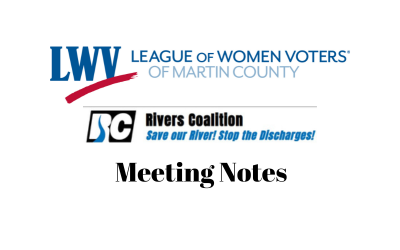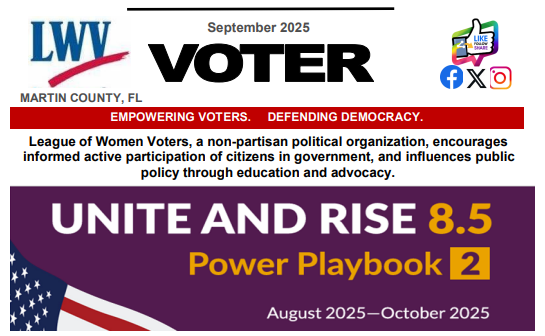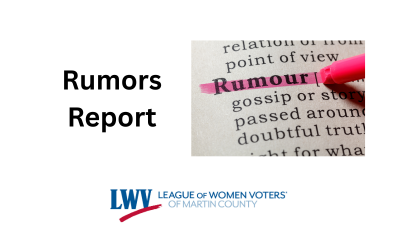National Popular Vote Myth
MYTH: Big cities, such as Los Angeles, would control a nationwide popular vote for President.
In a nationwide vote for President, a vote cast in a big city would be no more (or less) valuable or important than a vote cast in a suburb, an exurb, a small town, or a rural area.
When every vote is equal, candidates know that they need to solicit voters throughout their entire constituency to win.
A candidate cannot win a statewide election in California by concentrating on Los Angeles. When Ronald Reagan, George Deukmejian, Pete Wilson, and Arnold Schwarzenegger ran for Governor, Los Angeles did not receive all the attention. In fact, none of these four most-recent Republican Governors ever carried Los Angeles (or San Francisco, San Jose, or Oakland). Los Angeles certainly does not control the outcome of statewide elections in California. If Los Angeles cannot control statewide elections in its own state, it can hardly control a nationwide election.
It is certainly true that most of the biggest cities in the country vote Democratic. However, the exurbs, small towns, and rural areas usually vote Republican.
If big cities controlled the outcome of elections, every Governor and every U.S. Senator in every state with a significant city would be a Democrat. There are examples from every state where Republicans have won races for Governor and U.S. Senator without ever carrying the big cities of their respective states.
Perhaps the best illustration of the fact that big cities do not control elections comes from looking at the way that presidential races are run today inside battleground states.
Inside a battleground state in a presidential election today, every vote is equal, and the winner is the candidate who receives the most popular votes in that state.
When presidential candidates campaign to win the electoral votes of a closely divided battleground state, they campaign throughout the state. The big cities do not receive all the attention, much less control the outcome. Philadelphia and Charlotte certainly do not receive all the attention when presidential candidates have campaigned in the closely divided battleground states of Pennsylvania and North Carolina.
In the 2000 and 2004 elections, Cleveland and Miami did not control the statewide outcomes in Ohio and Florida. The Democrats carried both Cleveland and Miami in 2000 and 2004, but the Republicans carried both states. In fact, Senator John Kerry won the five biggest cities in Ohio in 2004, but he did not win the state.
The origins of the myth about big cities may stem from the misconceptions that big cities are bigger than they are, and that big cities account for a greater fraction of the nation’s population than they do.
A look at our country’s actual demographics contradicts these misconceptions concerning big cities. See document “Largest Cities in the United States by Population.xlsx”.
As can be seen in that document, the population of the nation’s five biggest cities (New York, Los Angeles, Chicago, Houston, and Phoenix) represents only 6% of the nation’s population of 331,449,281 (based on the 2020 census).
The population of the nation’s 20 biggest cities represents only 10% of the nation’s population. To put this group of 20 cities in perspective, Nashville is the nation’s 20th biggest city, with a population of 715,884 in 2020.
The population of the 50 biggest cities together accounts for only 15% of the nation’s population. To put this group of 50 cities in perspective, Aurora, Colorado is the nation’s 50th biggest city, with a population of 386,261 in 2020.
To put it another way, 85% of the population of the United States lives in places with a population of less than 386,000 (the population of Aurora, Colorado).
Even if one makes the far-fetched assumption that a candidate could win 100% of the votes in the nation’s 50 biggest cities, that candidate would have won only 15% of the national popular vote.
In a nationwide vote for President, a vote cast in a big city would be no more (or less) valuable or controlling than a vote cast in a suburb, an exurb, a small town, or a rural area.
The current state-by-state winner-take-all system does not throttle the political importance of big cities in presidential elections. Big cities, such as Milwaukee, Philadelphia, and Charlotte, that are in closely divided battleground states are critically important in presidential races (as are the suburban, ex-urban, and rural parts of their states). However, big cities such as Houston, San Diego, and Seattle, that are in spectator states, are politically irrelevant (as are all other parts of those states).
The current state-by-state winner-take-all system elevates the political importance of a city such as Milwaukee that is in the battleground state of Wisconsin, while minimizing the importance of cities such as Houston and Baltimore that are in spectator states.
Under the National Popular Vote compact, every vote would be equal throughout the United States. A vote cast in a big state would be no more, or less, valuable or controlling than a vote cast anywhere else.
An additional indication of the way that a nationwide presidential campaign would be run comes from the way that national advertisers conduct nationwide sales campaigns. National advertisers (e.g., Ford, Coca-Cola) seek out customers in small, medium-sized, and large towns as well as rural areas in every state. National advertisers do not advertise exclusively in big cities. Instead, they go after every potential customer, regardless of where the customer is located. National advertisers do not write off a particular state merely because a competitor already has an 8% lead in sales in that state (whereas presidential candidates routinely do this because of the current state-by-state winner-take-all system). Furthermore, a national advertiser with an 8% edge in a particular state does not stop trying to make additional sales because they are already No. 1 in sales in that state (whereas presidential candidates routinely do this under the current system).



